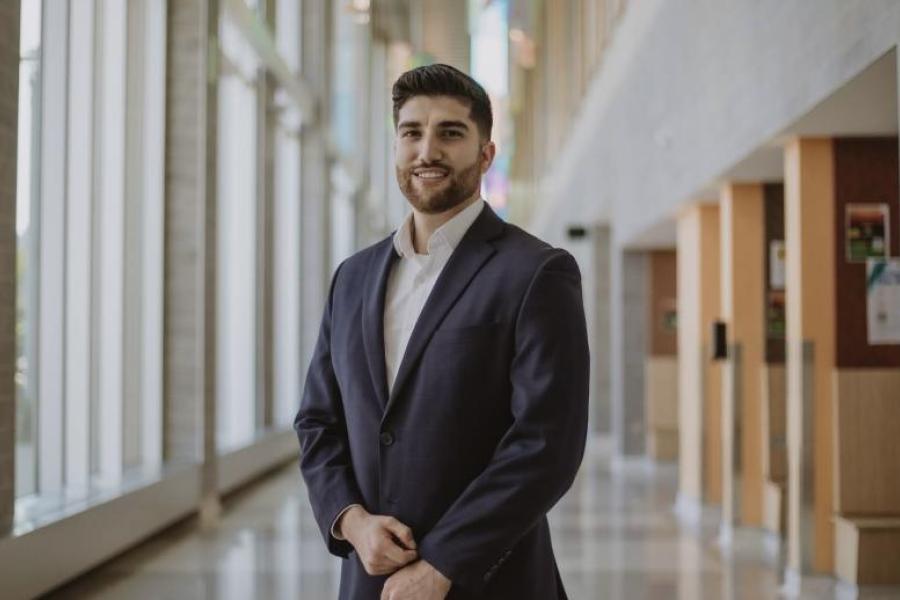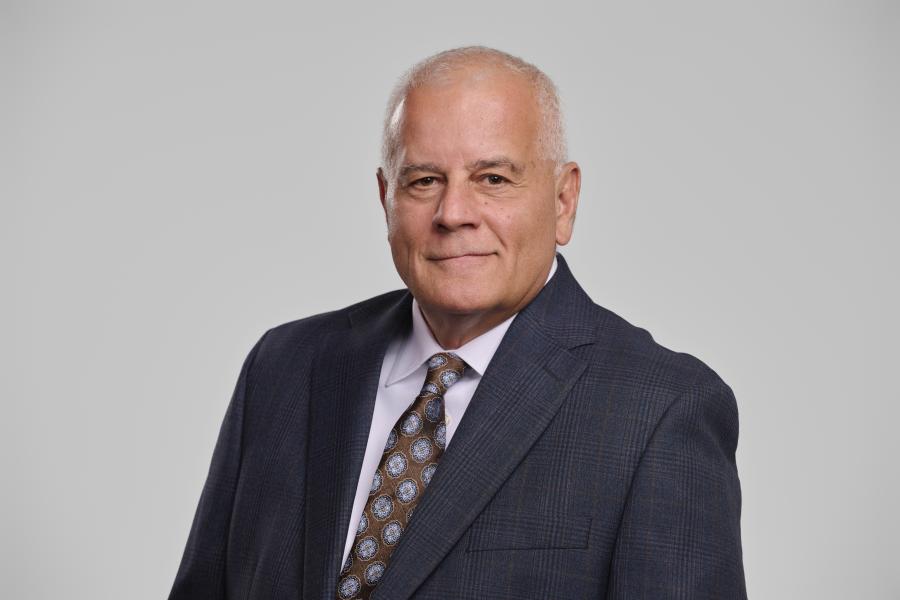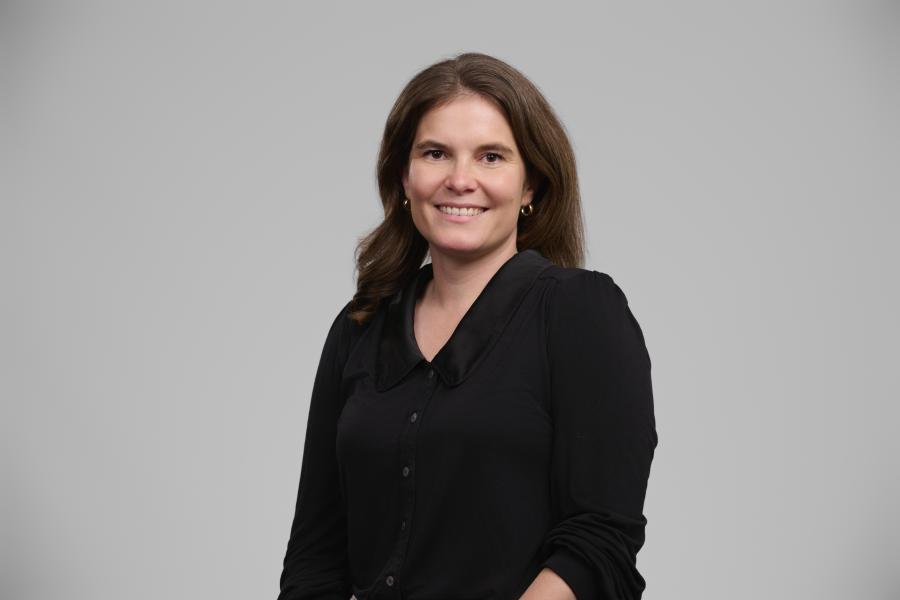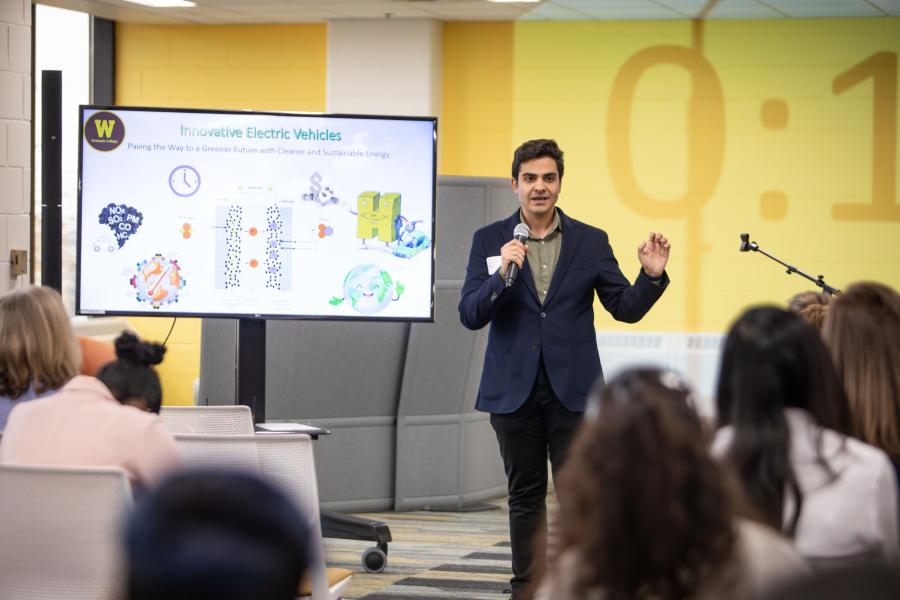Overview
At Western Michigan University, we see change as an opportunity to innovate, inspire, and make a real difference. Our Ph.D. in Education and Human Development with a concentration in Organizational Change Leadership empowers you to lead meaningful, lasting transformations that impact organizations and society.
This program blends advanced theory, applied research, and proven strategies to equip you with the tools to tackle complex challenges, transform cultures, and drive sustainable solutions. You'll gain the skills to lead with purpose—designing equitable policies, fostering inclusion, and addressing global issues like sustainability.
At WMU, you'll join a community of bold thinkers and changemakers committed to shaping a brighter future. Graduates of this program emerge as expert leaders, consultants, and scholars who don’t just respond to change—they create it.
Be the leader who drives progress. Be the visionary who inspires innovation. Together, let’s build a better world.

Meet Kevin
Kevin, a current Ph.D. student and alumni of the masters degree shares how he achieved greatness from small beginnings.
Attend an informational session!

Learn more about the program by attending one of our virtual information sessions. These sessions offer the opportunity to meet with a faculty member—and occasionally a current student—to gain a deeper understanding of the program structure, coursework, and application process. Participants are encouraged to ask questions and engage in conversation about how the program can support their professional goals.
Discover more










